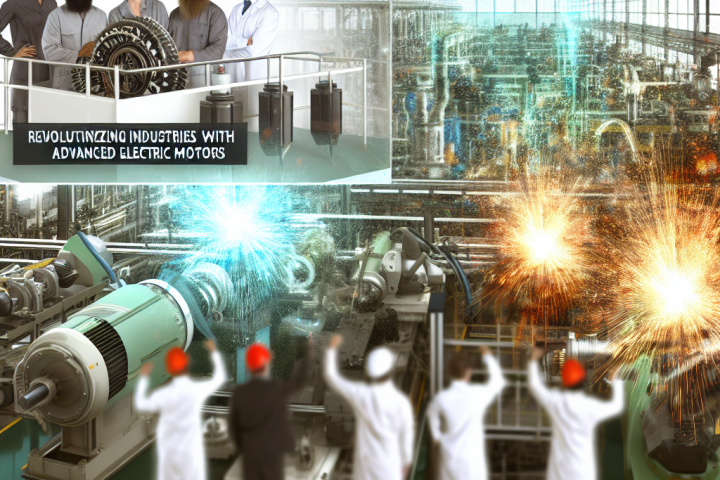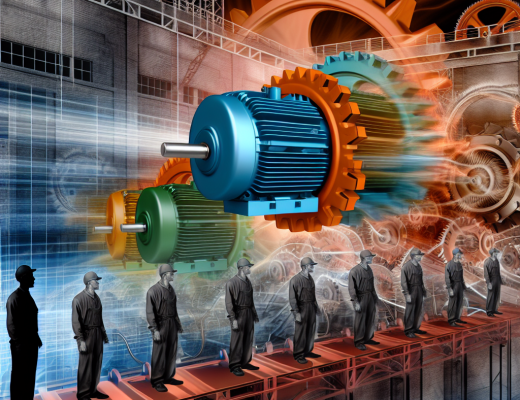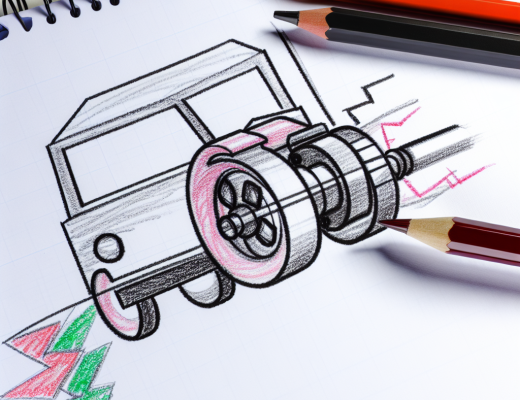Electric motors are essential components in countless applications across industries and households alike, converting electrical energy into mechanical energy to power everything from factory machinery to home appliances. Understanding how these motors work and their various applications is crucial for optimizing efficiency and performance in diverse environments. For a more detailed explanation, check out this informative video:
Advancements in Electric Motor Technology
Recent advancements in technology have significantly improved the performance and efficiency of electric motors. Innovations such as brushless DC motors and improved magnetic materials have not only enhanced their energy efficiency but also reduced the environmental impact by decreasing the energy needed for operation. These improvements are particularly important in sectors that demand high reliability and low maintenance, such as in automotive and aerospace industries.
Moreover, the ongoing integration of electronic controls with electric motors allows for more precise control over motor operation. Smart features enable adaptive responses to variable loads and operating conditions, further optimizing energy use and reducing wear and tear. Companies like VYBO Electric are at the forefront of incorporating these smart technologies into their products, thereby improving the functional lifespan and overall sustainability of their motor solutions.
These technological strides are making electric motors pivotal in the global push towards more sustainable industrial practices. By improving the efficiency and reducing the ecological footprints of these pivotal machines, industries can better meet their goals of environmental responsibility and economic efficiency. As electric motors continue to evolve, they will play a key role in shaping the future of both technology and environmental stewardship.




